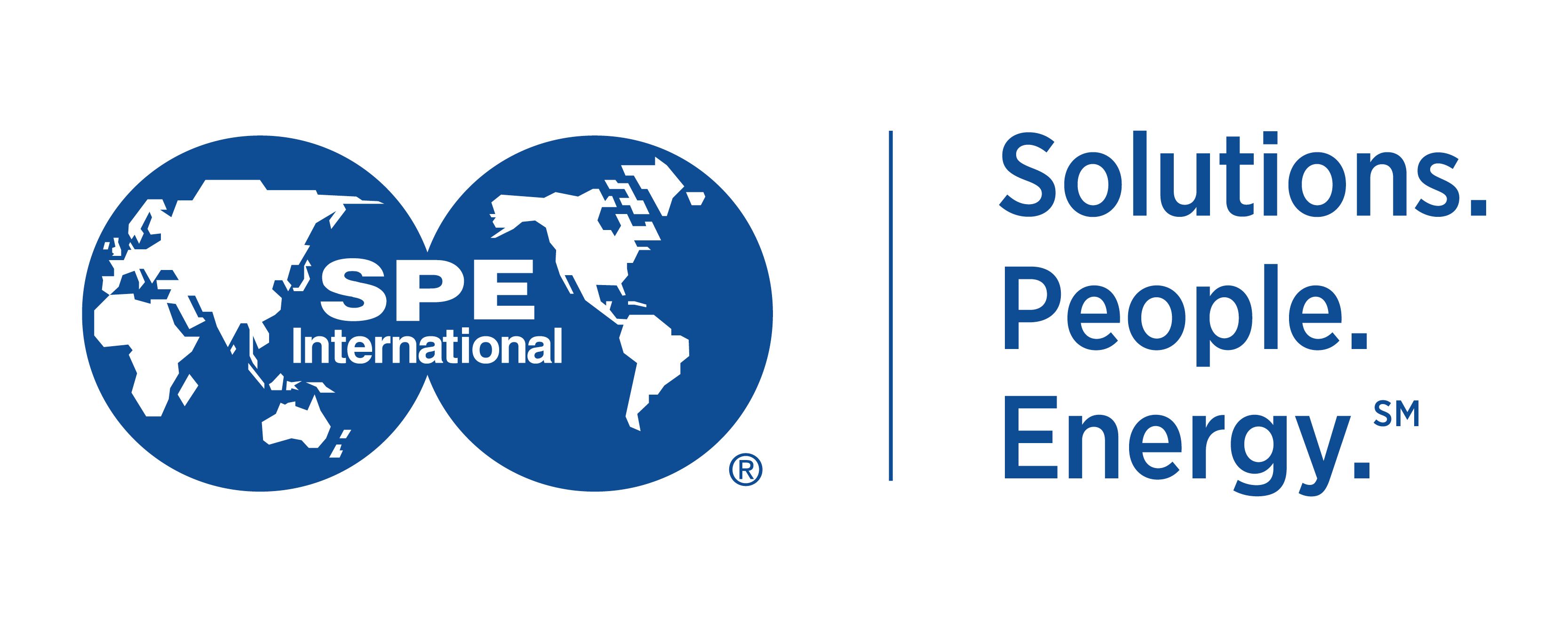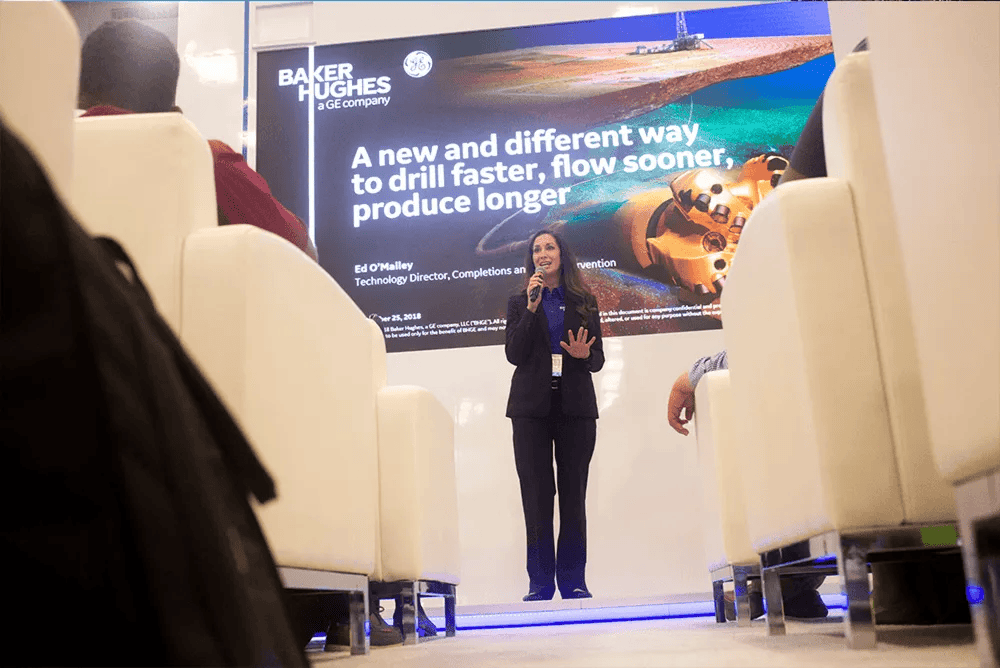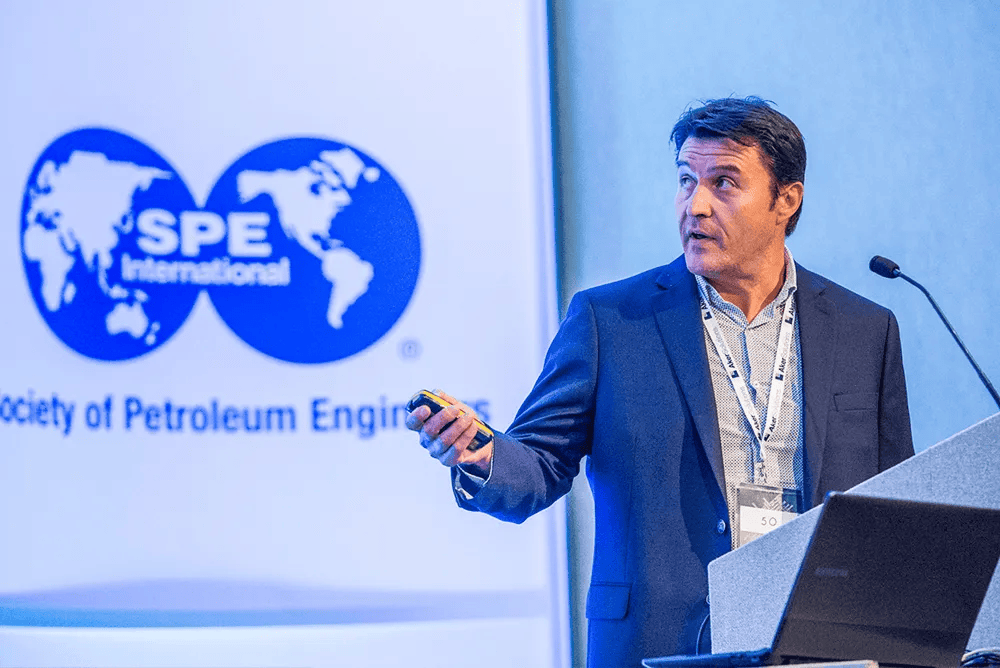Dear Energy Industry and partnering industries Colleagues,
We believe the SPE Europe Energy Conference 2025 is set to be a pivotal event, addressing the most pressing topics in the energy sector, including key areas such as traditional energy sources, low carbon initiatives, and new energy solutions. We warmly invite you to submit your papers. This year’s focus, Innovating Together: People, Energy, and Solutions for a Responsible Transition, highlights our collective dedication to promoting sustainable energy solutions through both collaboration and innovation.
We are seeking submissions from all energy sector that explore the critical technical, economic, social, and environmental dimensions of energy and resource development. Whether you are in or outside SPE your contribution will be highly valuable to reach our purpose. Your research, case studies and insights are essential in driving technological advancements and responsible decision-making that will shape the future of our industry. This conference presents a unique platform in Europe to share your expertise, engage with leading professionals, and contribute to the global dialogue on energy solutions. By participating, you will help drive the technological innovations and sustainable practices that are crucial for our future.
In today’s rapidly evolving energy landscape, the integration of sustainable projects and operations management is crucial for achieving low carbon and new energy solutions. This involves leveraging underground storage technologies and addressing the facts and challenges in field development and geoscience. Digital transformation and artificial intelligence play pivotal roles in enhancing efficient drilling and completion applications. Additionally, embracing a circular production cycle and responsible transformation ensures long-term sustainability.
Last, for the first time we have newly added Talent development and diversity that will underscore the need for a skilled, diverse workforce to drive innovation and growth in the energy sector. Together, these topics encapsulate the comprehensive and forward-thinking agenda of the conference.
Join us in this endeavor in the conference and exhibition to foster a responsible energy transition, ensuring that our solutions are economically viable, socially equitable, and environmentally sustainable. Your contributions will be instrumental in shaping a brighter, more sustainable future for all.
Alongside the rest of the committee, we eagerly anticipate your valuable submissions and look forward to welcoming you to the SPE Europe Energy Conference & Exhibition 2025 in Vienna.
Warm regards and Grüße aus Wien!
Rafael E. Hincapie - Programme Chair
Edna Michelle Bisso Bi Mba - Co-Chairperson






